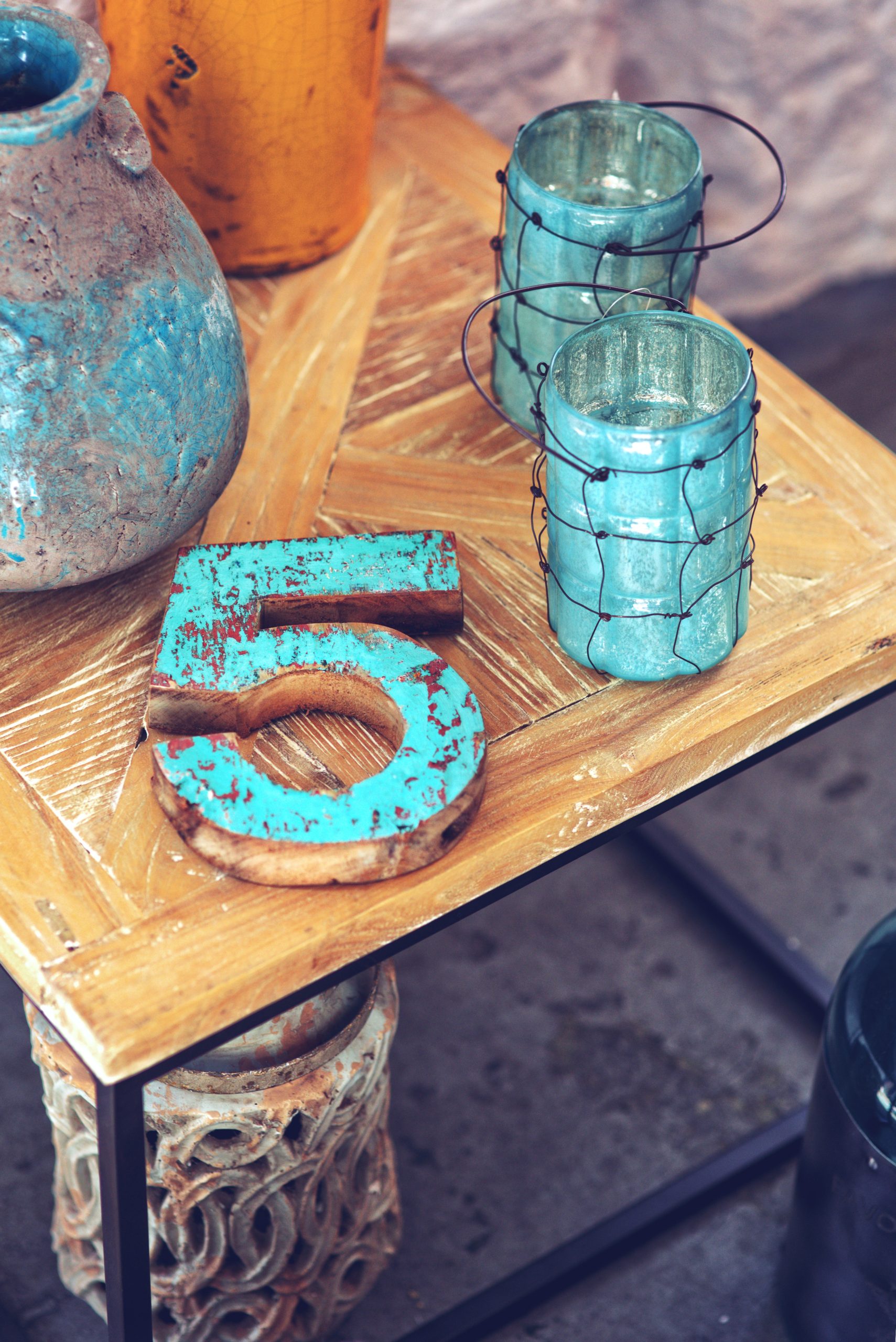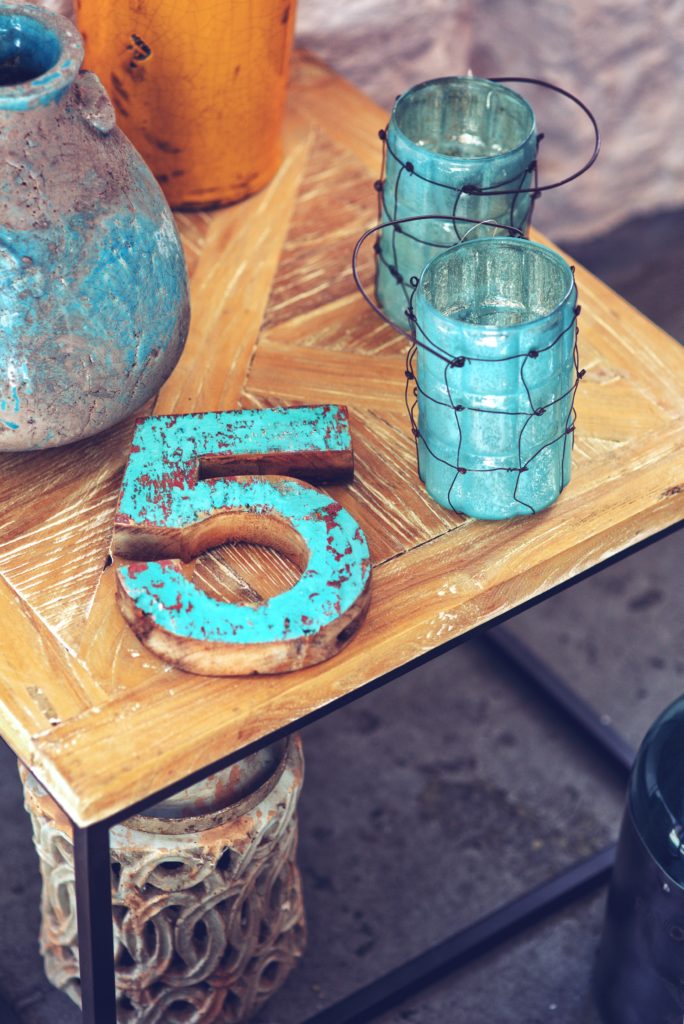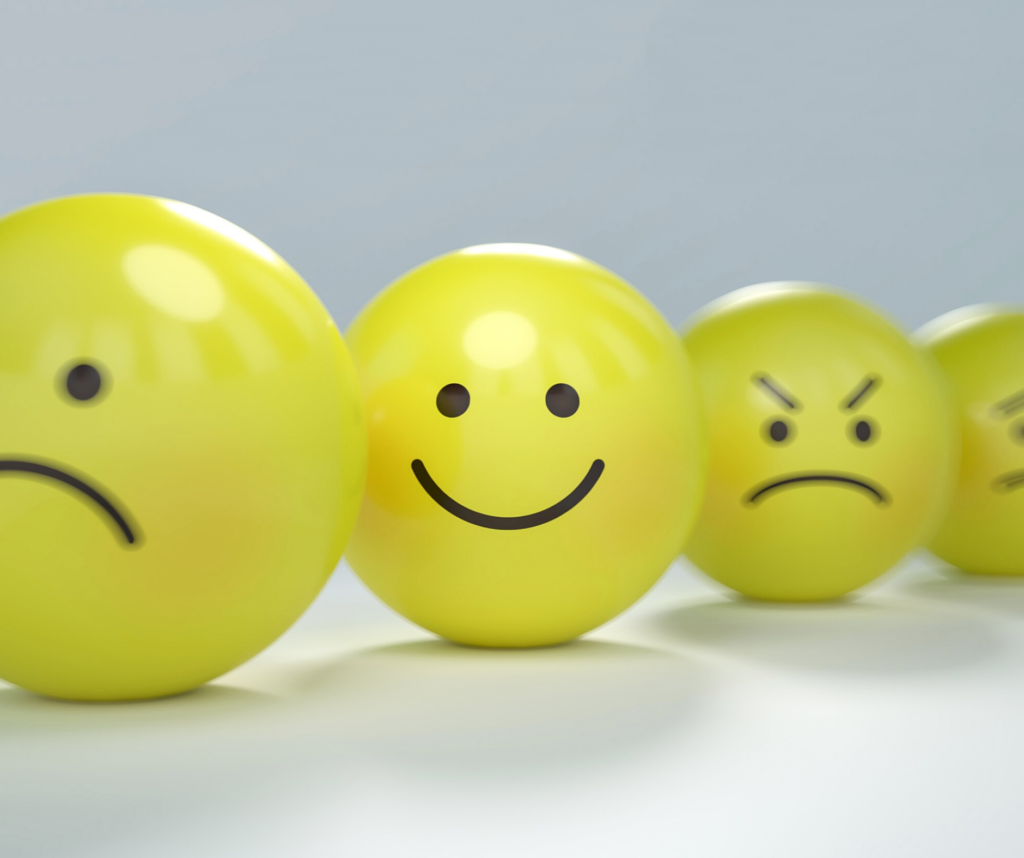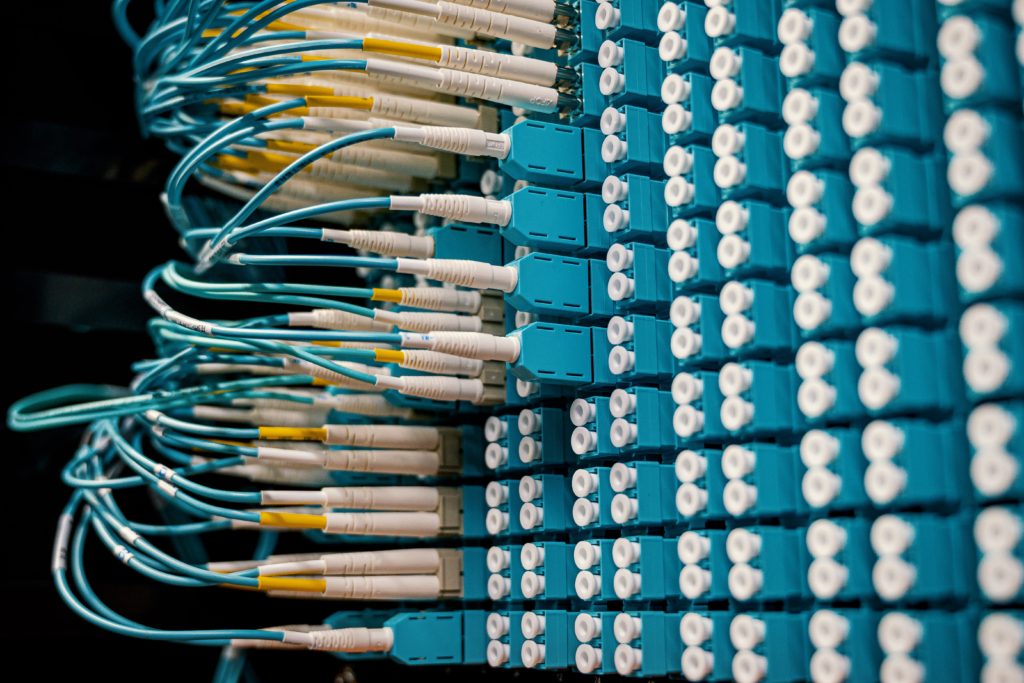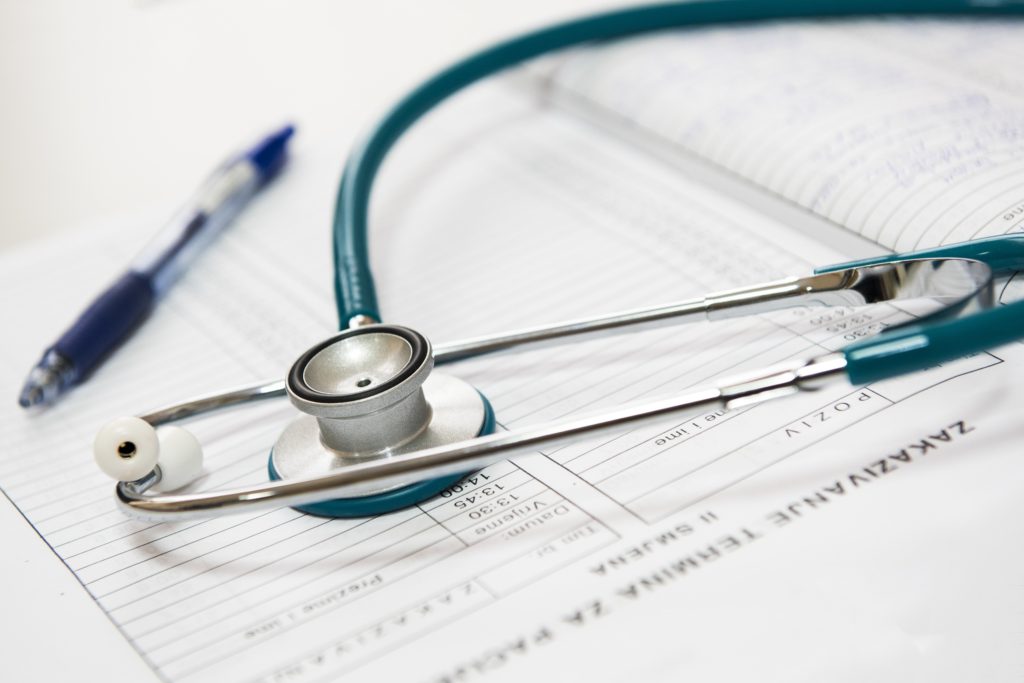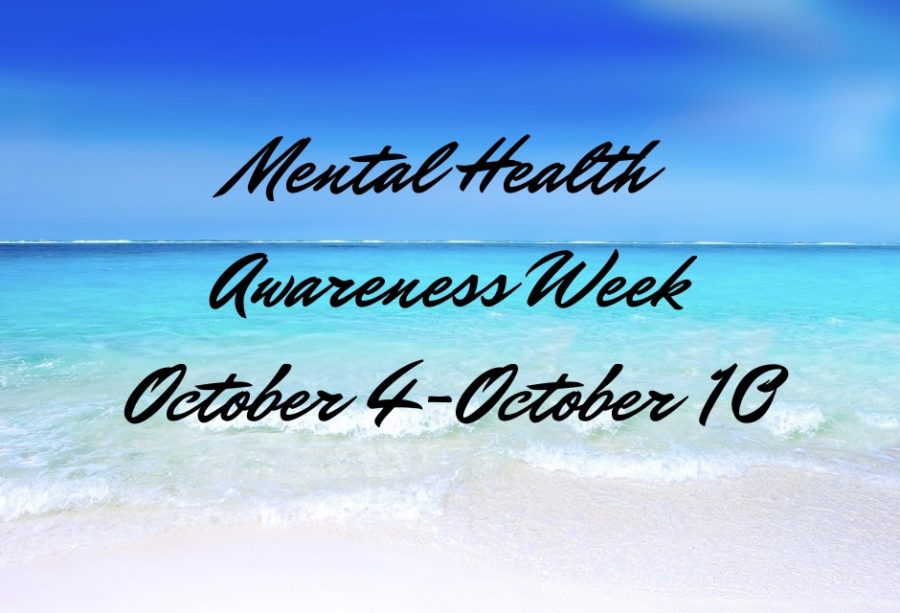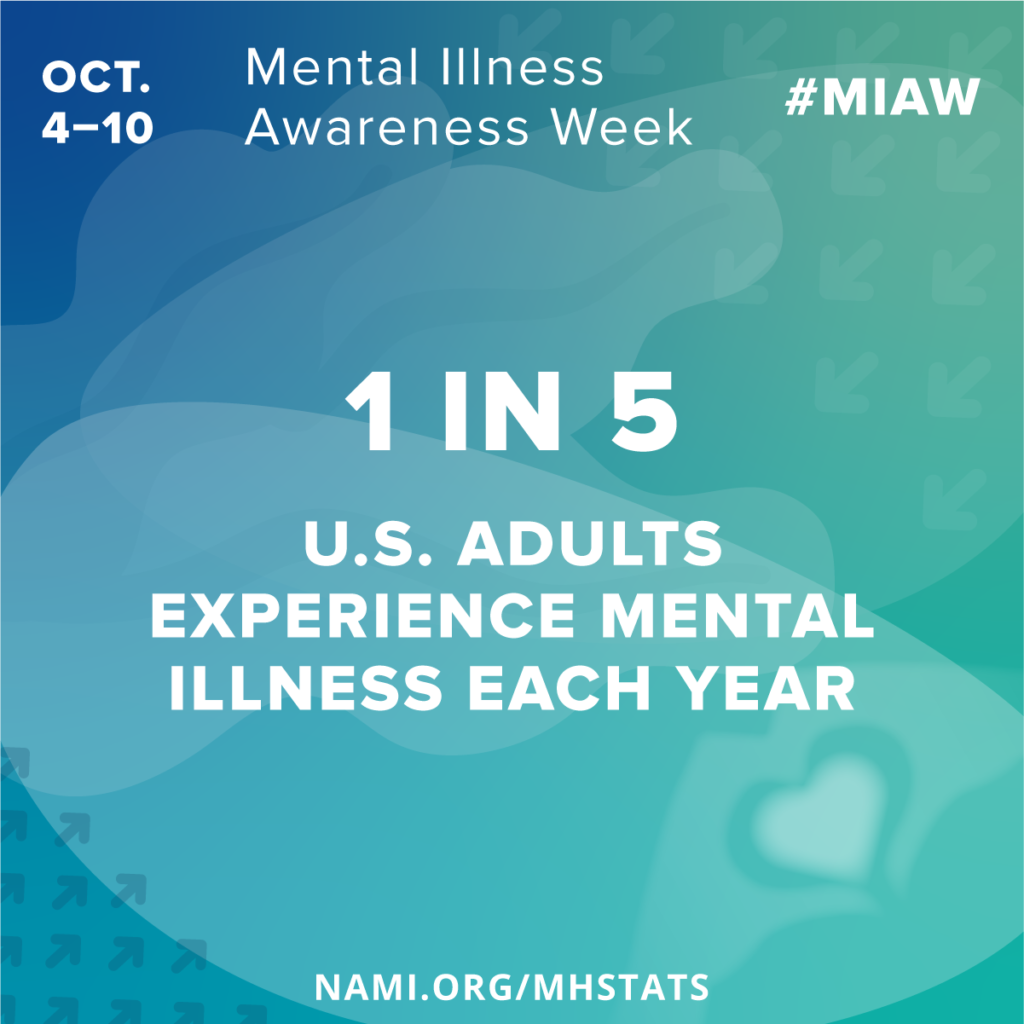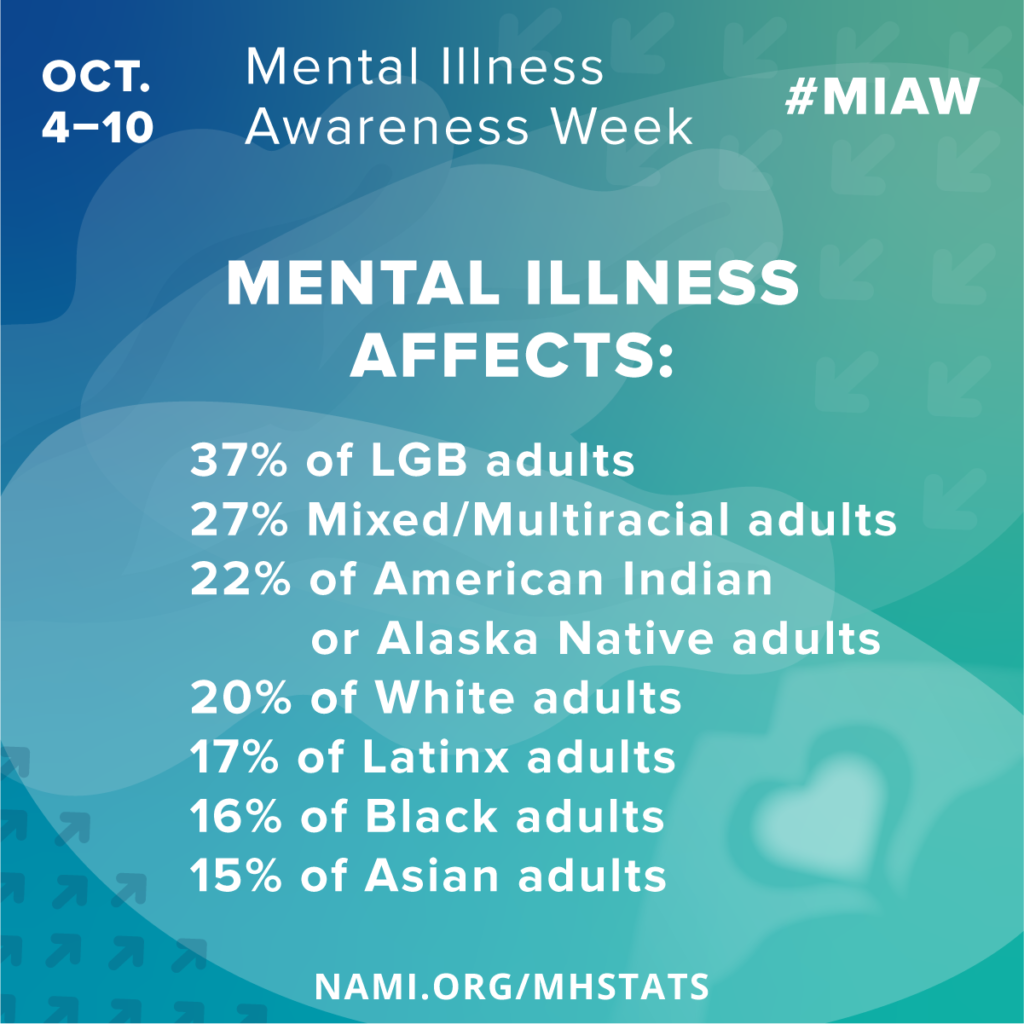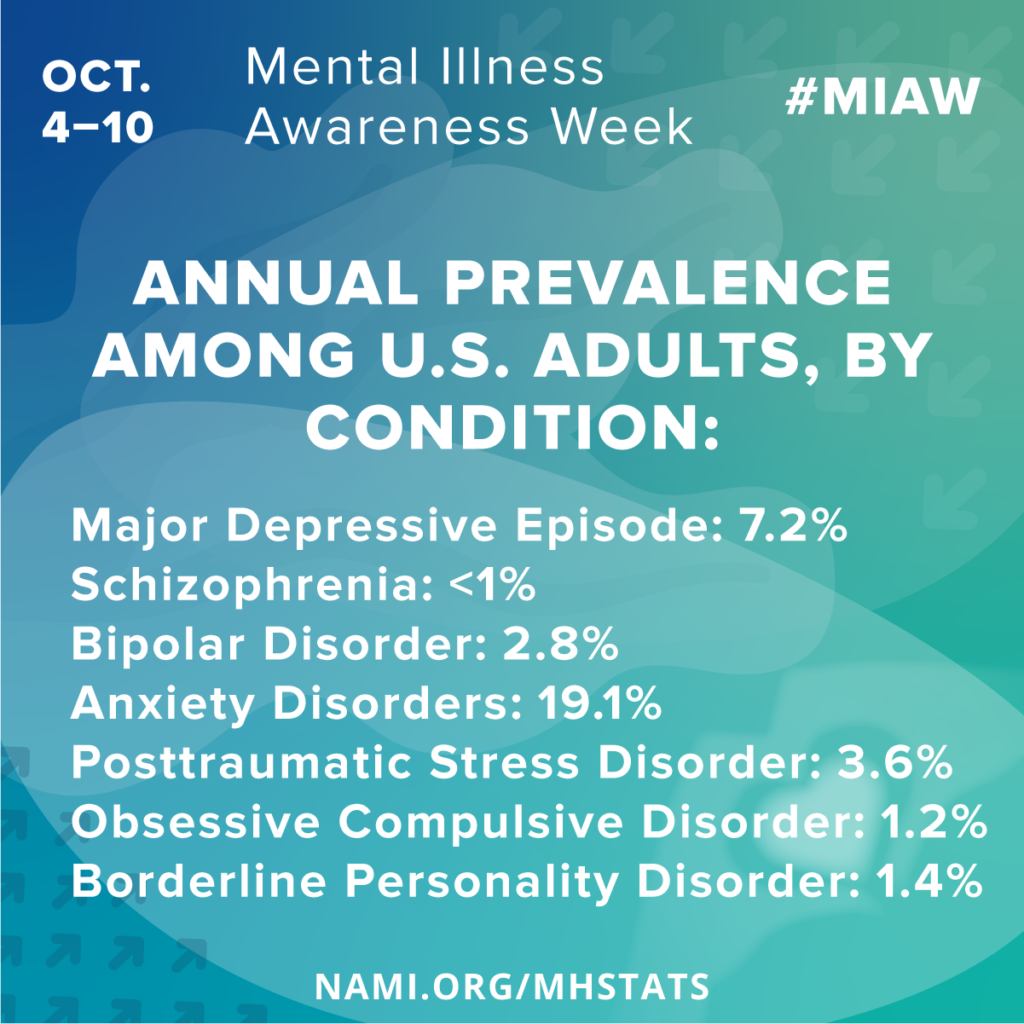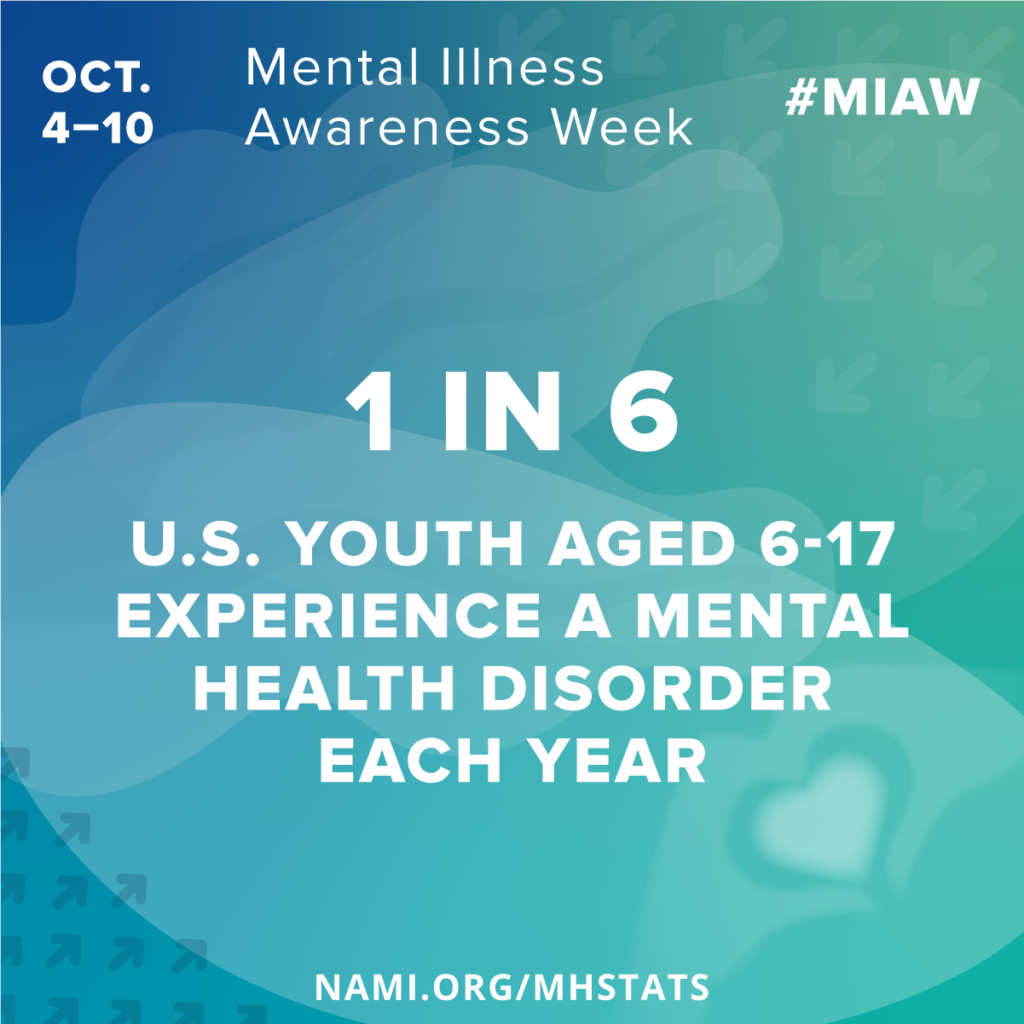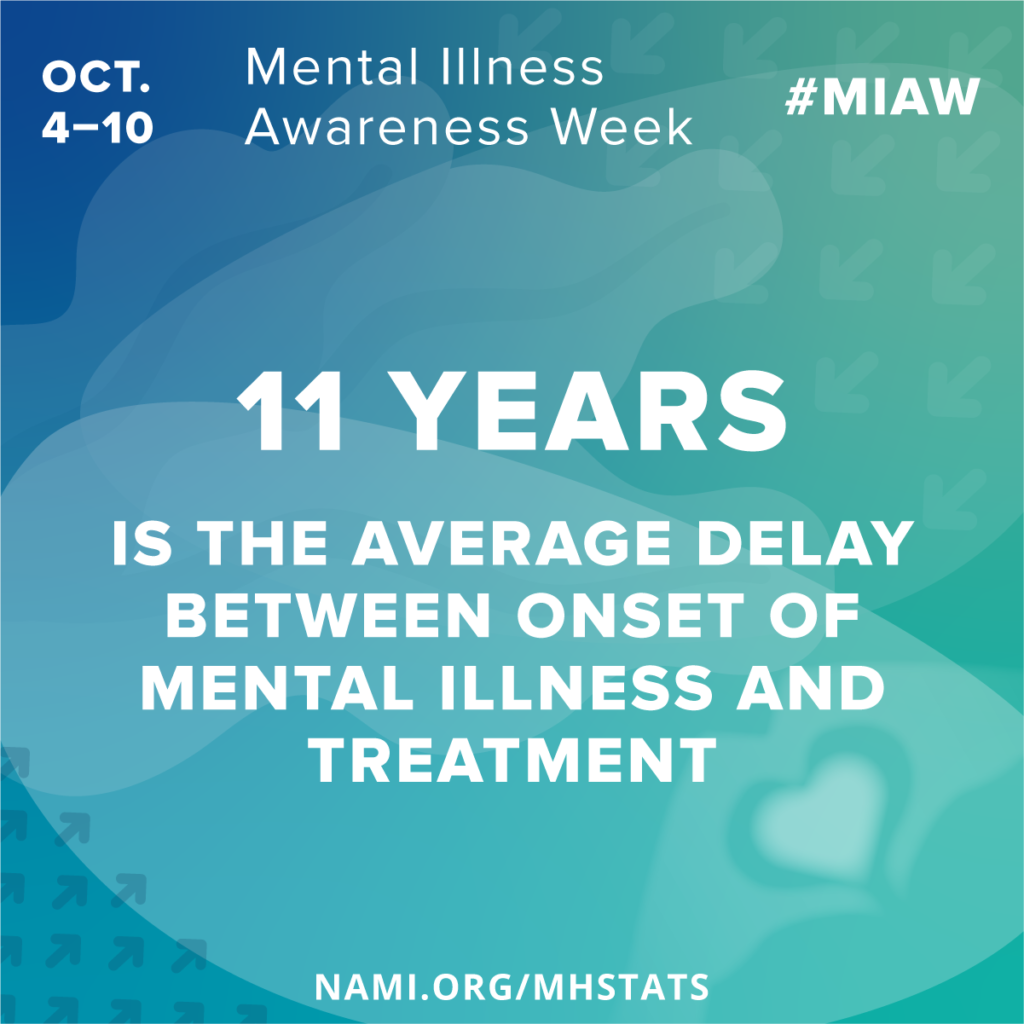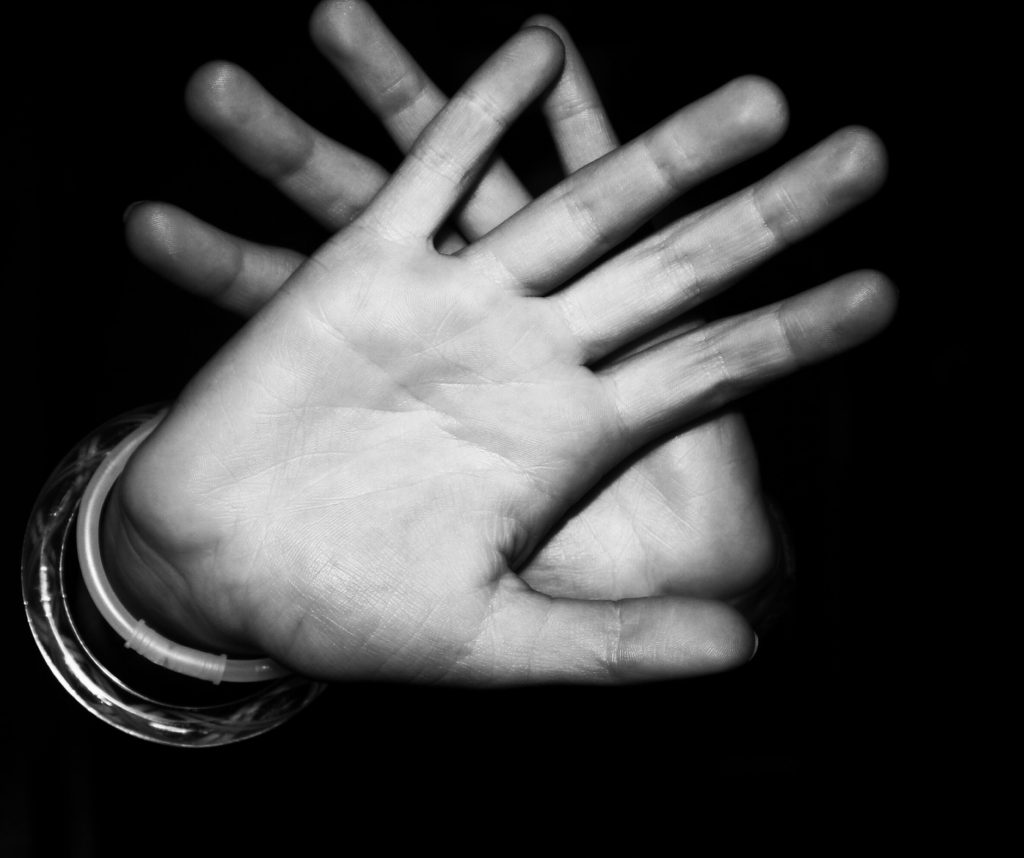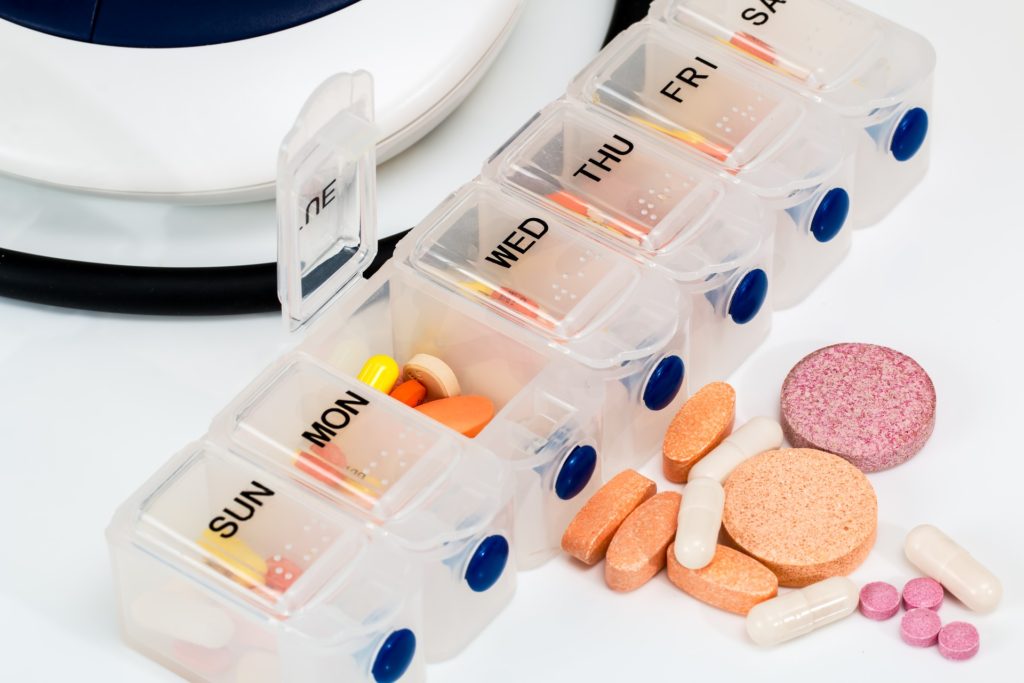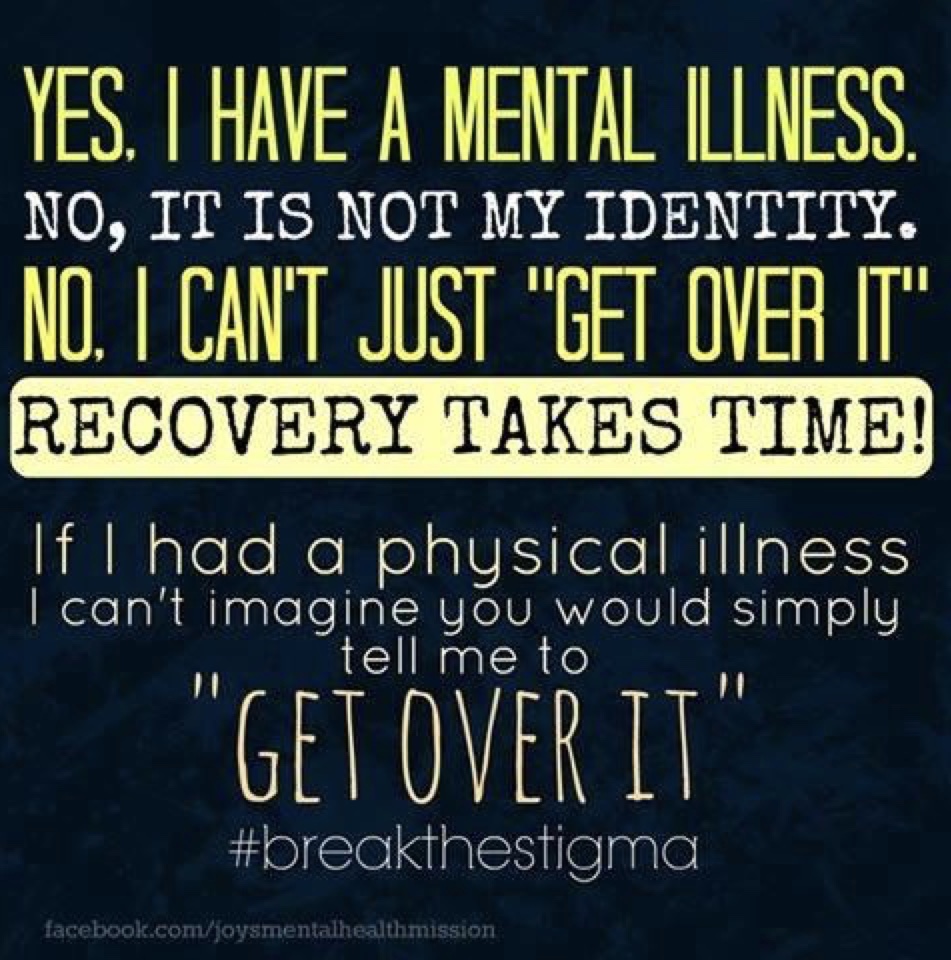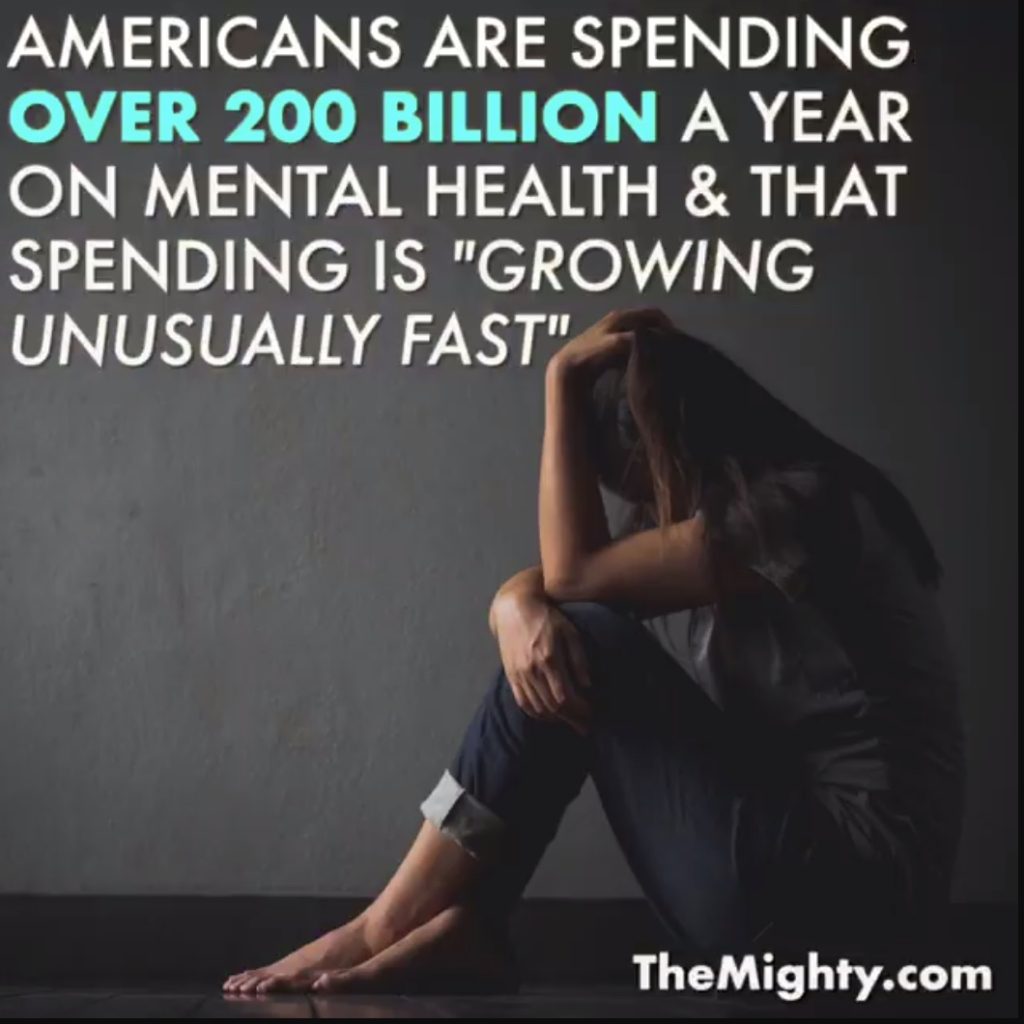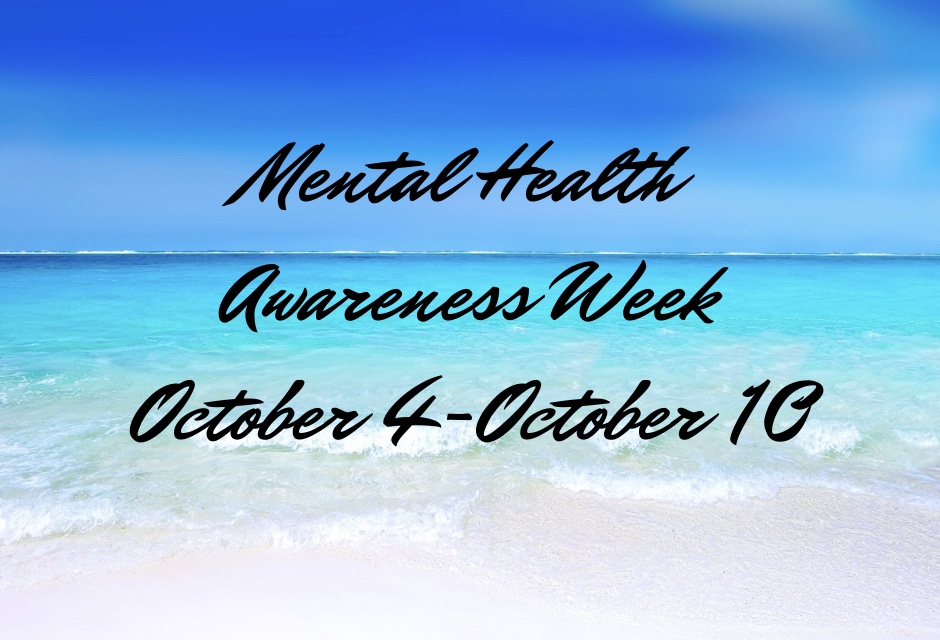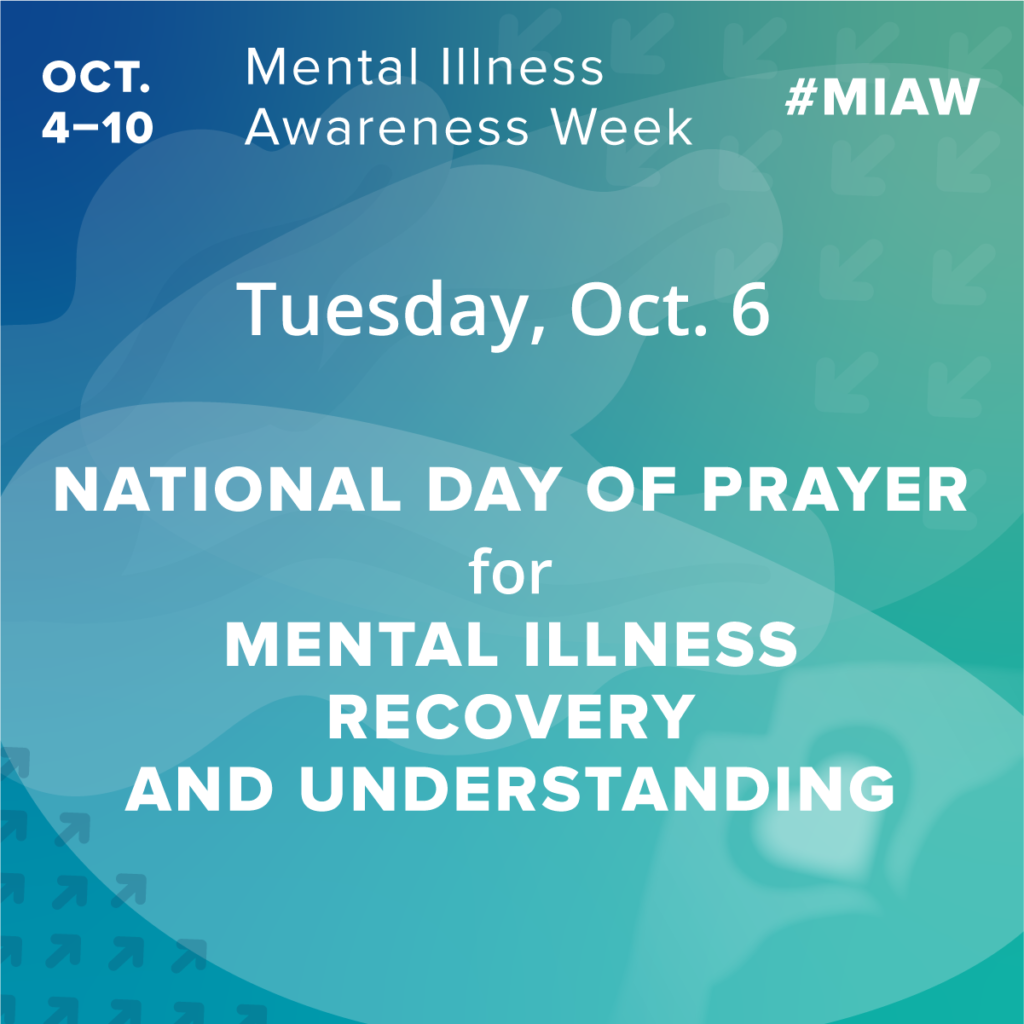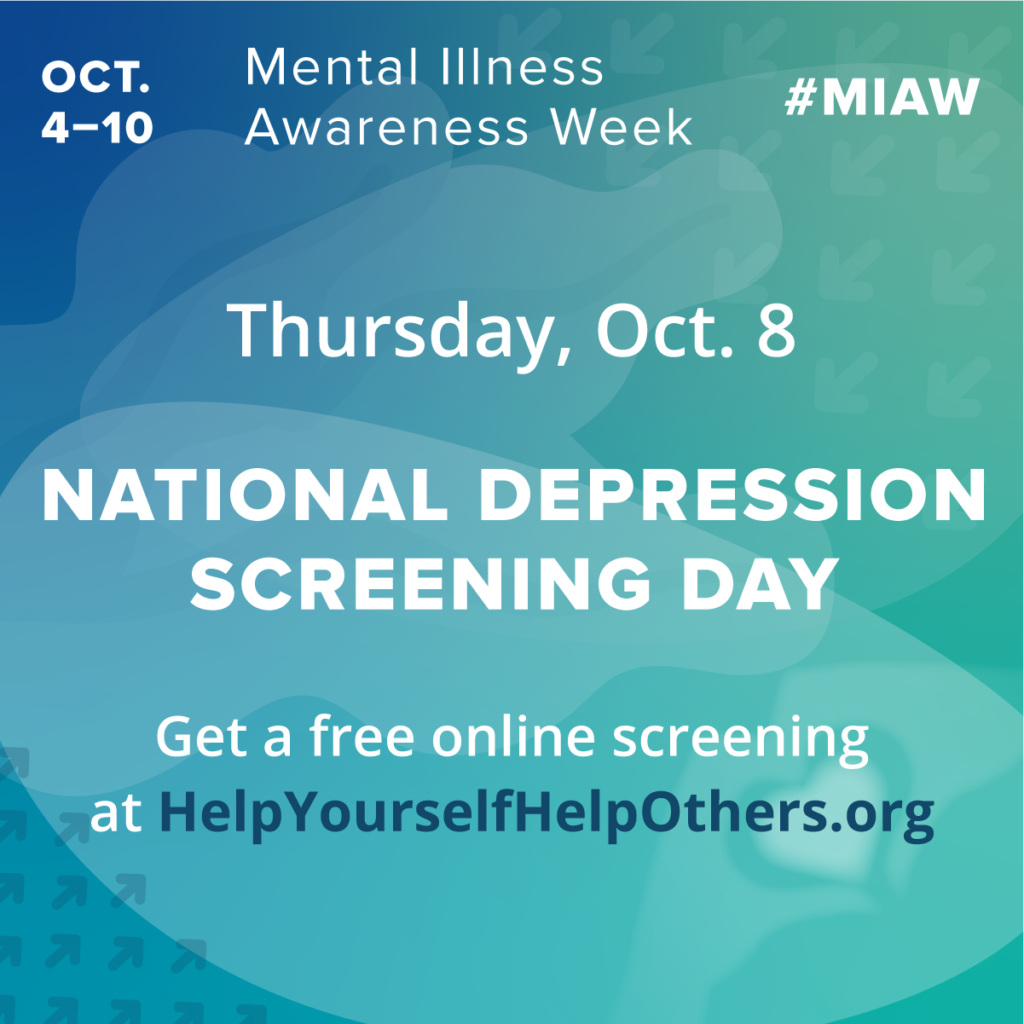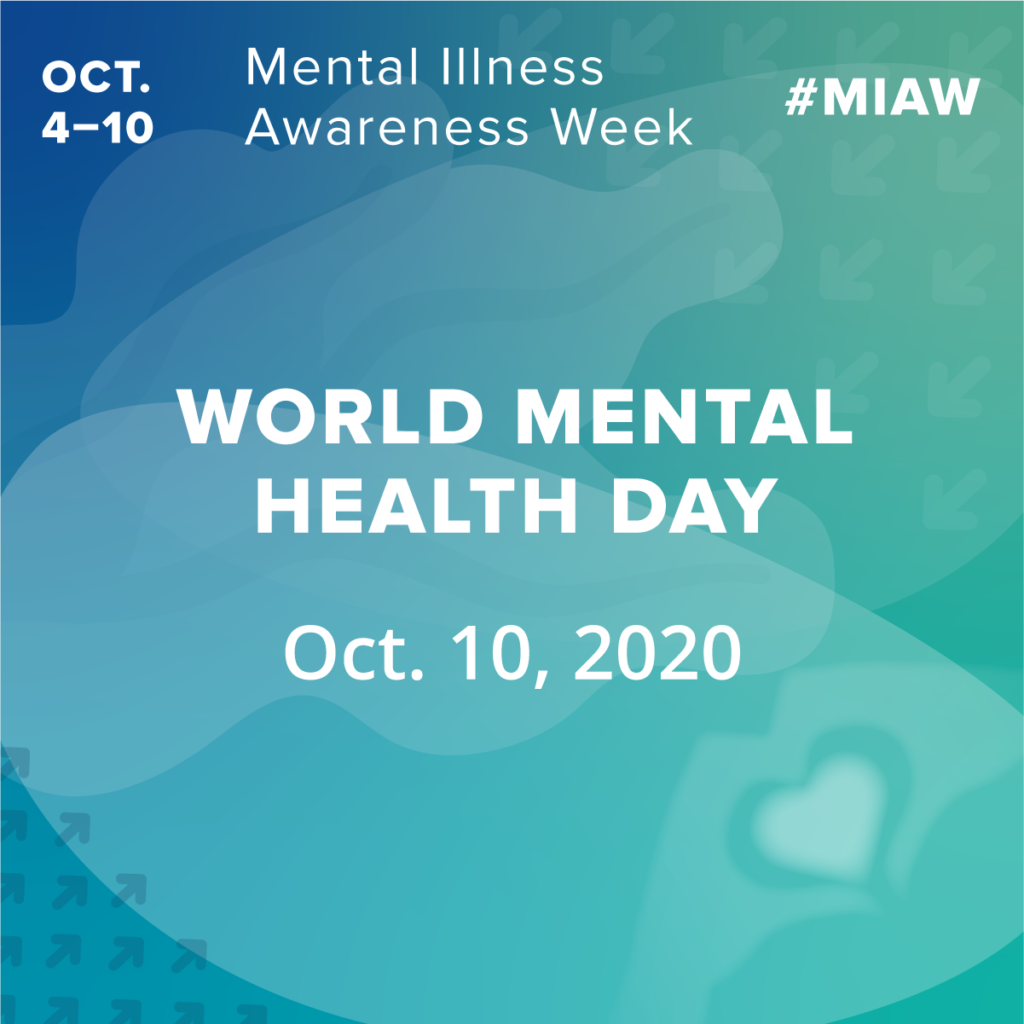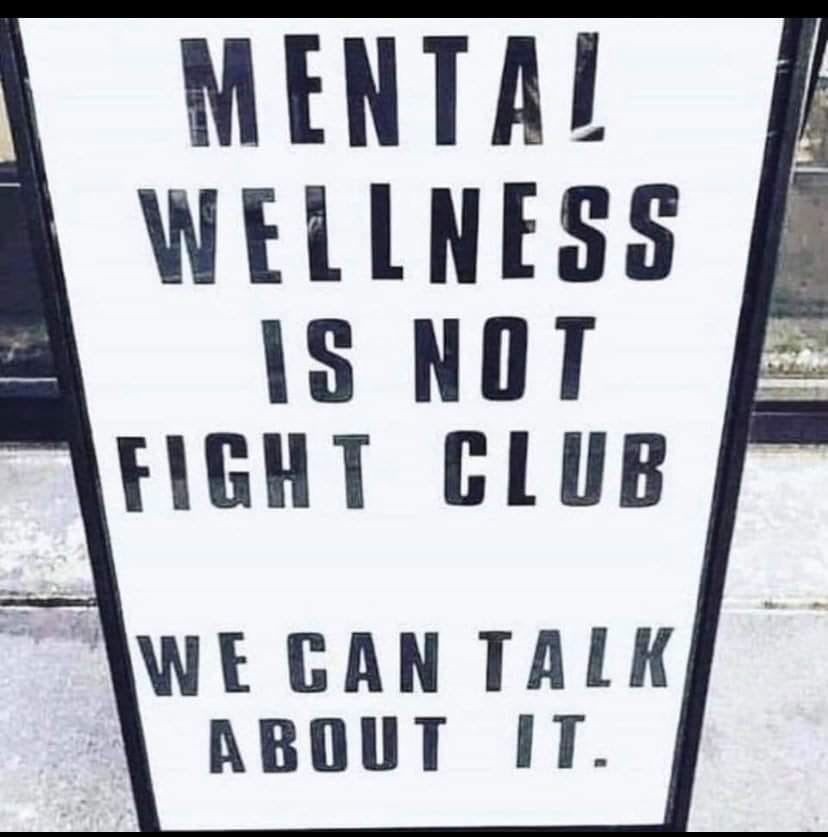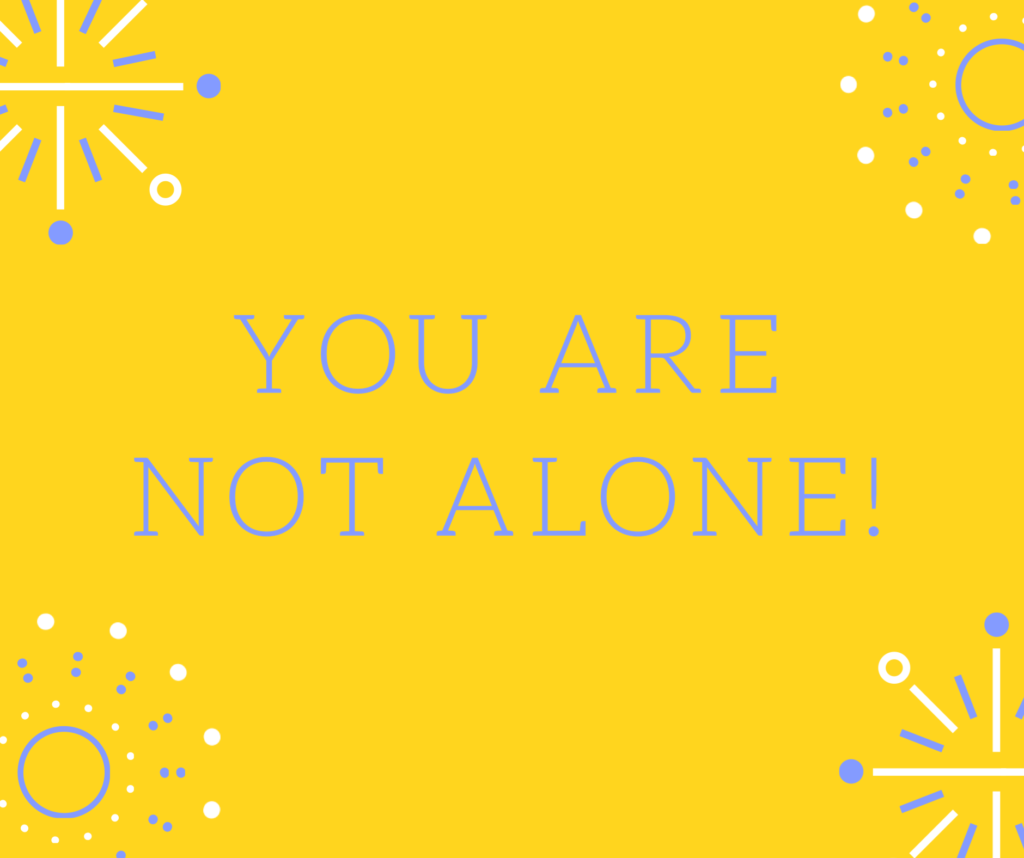
Managing live with depression can feel like a full time job even when things in life are going really well. There are so many moving pieces for us to do what we know will help us work at keeping our depression away or to fight our way out of depression when it starts to descend upon us. Most of us do all we can to stay as happy as possible and mentally healthy.
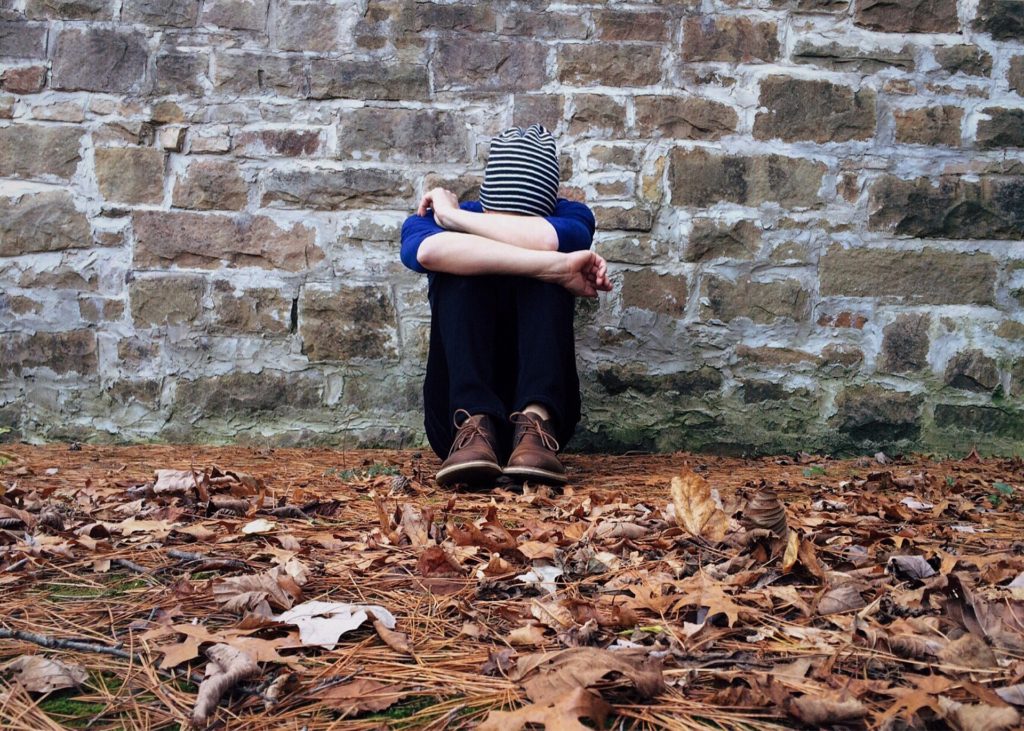
However, what happens when the world around us starts falling apart? How do we handle life when we are in the middle of a crisis that has nothing to do with our depression but could very well trigger it, and trigger it bad? What can we do to support ourselves when we find ourselves immersed in difficult life events that we never wanted to be in? Or, ones that are just so hurtful and painful? Ones that we never in a million years imagined happening in our lives? These are all examples of life events that could really through us off track of our depression management plan. Even on our best days, it can take a lot of work to keep our depression away. When life give us some major lemons, it becomes even harder to keep making lemonade.

My life has been throwing me a lot of these difficult events lately. In fact, the last 6 months have been one unexpected difficult event after another. Many days I feel as though I’m drowning. I’m not going to lie, I’ve had some dark days. However, I work hard to make sure those days don’t go longer than 2 in a row. I work hard daily to keep my mind and body as healthy as I can so when these blows keep coming(and they will keep coming for a bit) that I have the strength to push through again and again.
So, what do I do? How do I manage my depression during difficult life events? I thought I’d share all that I have been doing in order to keep my head above water and my souls in the light and out of the darkness.
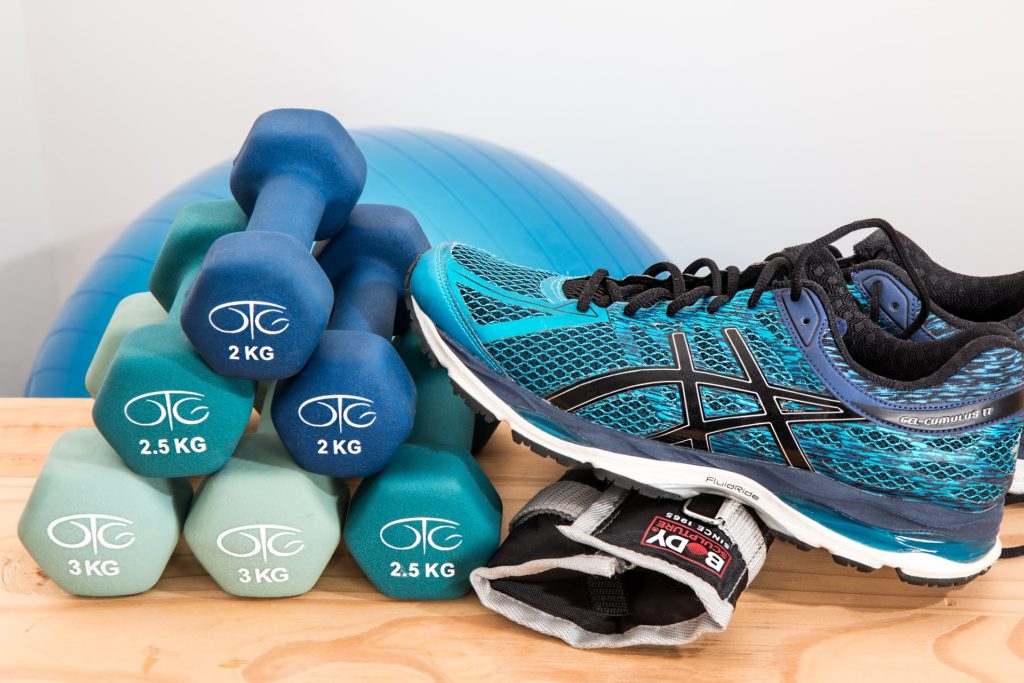
*Exercise even when you don’t feel like it. I make sure I exercise at least 5 days a week. My goal is 7 days, but it doesn’t always happen. I make sure I never miss 2 days in a row though. It is too easy to get into a rut. I love to walk, so most days I walk for an hour. Yoga is another great option. On days I want to stay in bed longer, I do some ab work and leg lifts in bed. The point is to move even if it is just for 20 minutes. Moving is just so important for our mental health. I know there are days where we don’t want to do it, but that is why it is so important to make this a daily habit. If you do, it will be easier to maintain when life throws these difficult events your way.
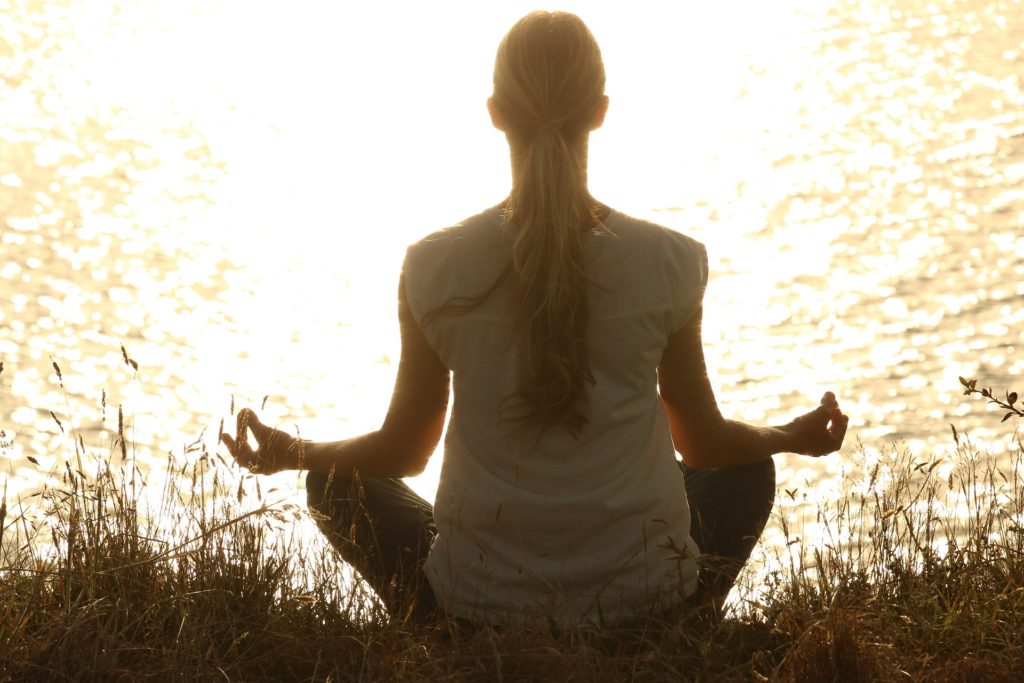
*Practice Daily Mindfulness. If you’ve been around my blog for a bit, you know how crucial practicing mindfulness is to managing my depression. I run a self-care and mindfulness group on FB that I’d love for you to join. You can join it HERE. Some of my favorite mindfulness activities are meditating, checking in with my emotions throughout the day, mindful breathing and visualization to name a few. Mindful breathing is one the best mindful exercises for managing my depression during these difficult times. It keeps the oxygen flowing to my brain and body which helps to better manage my emotions. Also, checking in with my emotions on an hourly basis(I often refer to this as my “feelings check-in), is a great way to stay ahead of overwhelming feelings. By regularly assessing how you are feeling, you can begin to do what you need to do in order to adjust your situation so you can get better control on your feelings before they get control of you. It is an incredible technique that has changed my life.
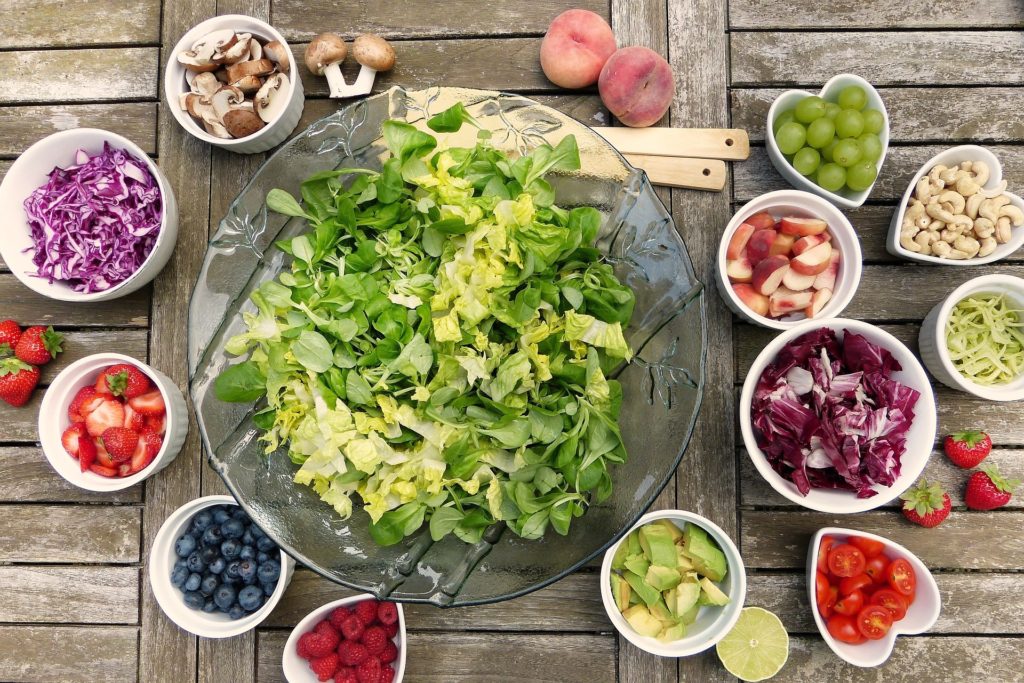
*Eat Whole Food Plant Based as much as you can. I began to eat a Whole Food Plant Based(WFPB) diet a little over 3 years ago. I switched to this way of eating not for my depression, but to try to relieve my ongoing chronic pain from fibromalygia. However, it has also done wonders for managing my depression. I would say I eat this way about 90% of the time. Life isn’t perfect. Neither am I. I do go out of my way to eat as healthy and Whole Foods as possible. The less preservatives and chemicals we put into our body, the better. Whole Foods are foods that aren’t processed. For example, fruits, vegetables, rice, beans, nuts, legumes, and such. My body feels cleaner and stronger. It doesn’t have to cost a lot. Rice and beans are affordable. Frozen fruits and vegetables are good. The less processed foods you eat, the better your brain will function. You can learn more about eating a WFPB diet on the Forks Over Knives website. That is where I find most of my recipes and tips. Check it out and maybe just add a few healthy choices and see how things go for you.

*Avoid Alcohol. Sometimes when things get stressful or overwhelming, we want to “go out for a drink” or, “buy a bottle of wine”. Alcohol can relax us, numb us and take our mind off of our difficult moments. However, it is important to remember that alcohol is a depressant. Society often shows pictures of people having a good time while drinking. I’m not against having a drink now and then, but when life is tough and when you live with depression, it is best to avoid alcohol during these difficult life events because alcohol can trigger our depression and make it harder to cope. It is best to just avoid it during these times.

*Practice Daily Self-Care. Self-care is so important in depression management. I make sure I do a little something daily for self-care. It often can be one of my mindfulness exercises. Taking a shower is self-care when you are battling depression. Eating a healthy meal. If you have time, do something a little more lavish. Treat yourself to a spa day if it is in the budget. Or, if you are broke like me, do a spa day at home. It is one of my favorite things to do on a Saturday night when I’m home and in need of a little extra self-care. It’s ok to put yourself first when life is difficult. It is crucial to managing your depression.

*Check in with a therapist. If you have a therapist, check in with them. If you don’t maybe find one and have a few sessions. I recently signed up for Better Help. I was matched with a great therapist who has really been helping me to wade through the difficult life events that have been thrown my way lately. I won’t be able to do it again next month. However, after 2 months, I will have had 6 sessions with her and countless online exchanges. It has been money well spent that I had to pull from elsewhere in my budget to make it happen. If you can make it happen during difficult life events, checking in with a professional can be a real asset to giving you the strength and skills to navigate life and keep your depression in check.
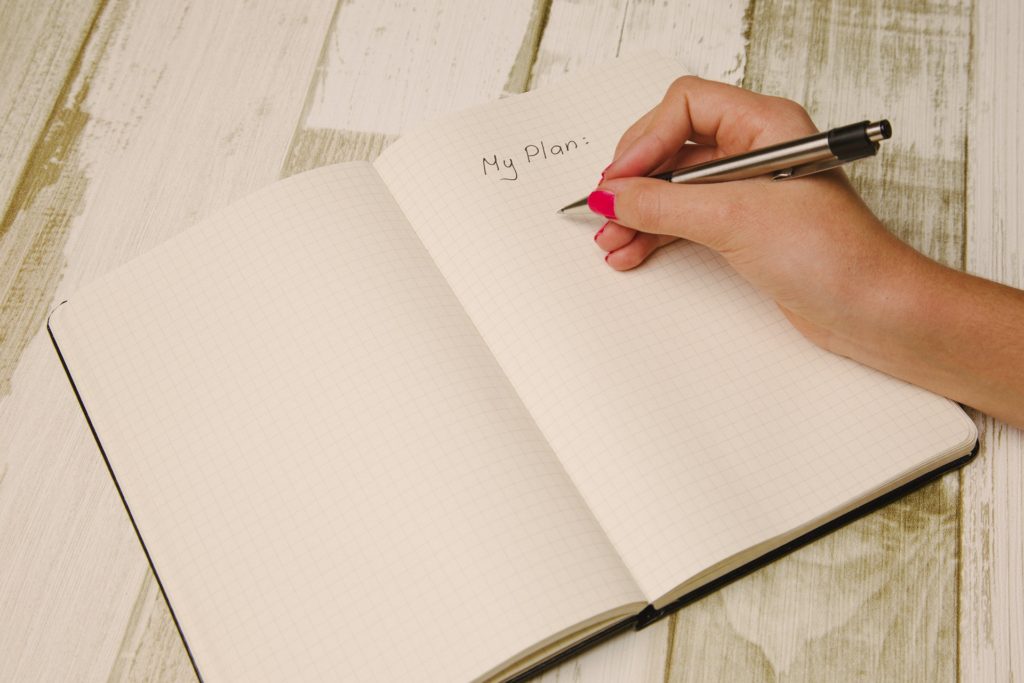
*Journal daily. Not when you feel like it. Not when you remember. Not every now and then. We need to journal every single day. Journaling will help you sort out your emotions, thoughts and feelings. You can dump out everything that is clogging up your brain. By releasing all of your cares and worries onto the page of your journal, you allow your brain to have more energy to work on managing your depression. You can sort out everything so you can leave it behind and face your day with the energy you need during difficult life events. One thing I always do when I journal is to write down at least 3 things for which I am grateful for each day. This helps me to keep things in perspective and reminds me that even when things are dark and difficult, I am still very blessed. If you haven’t grabbed my 10 Day Journal For Depression yet, you can download your copy HERE. It has 10 journal prompts in it to help you better understand you depression. When we better understand our depression, we can better manage it.
No matter how difficult life can become at times, no matter how dark your days may eat, remember that it will always pass. It will get better. The days will become brighter. Life will become easier. You are not in this along. Others understand your struggles. Remember, we are stronger together.
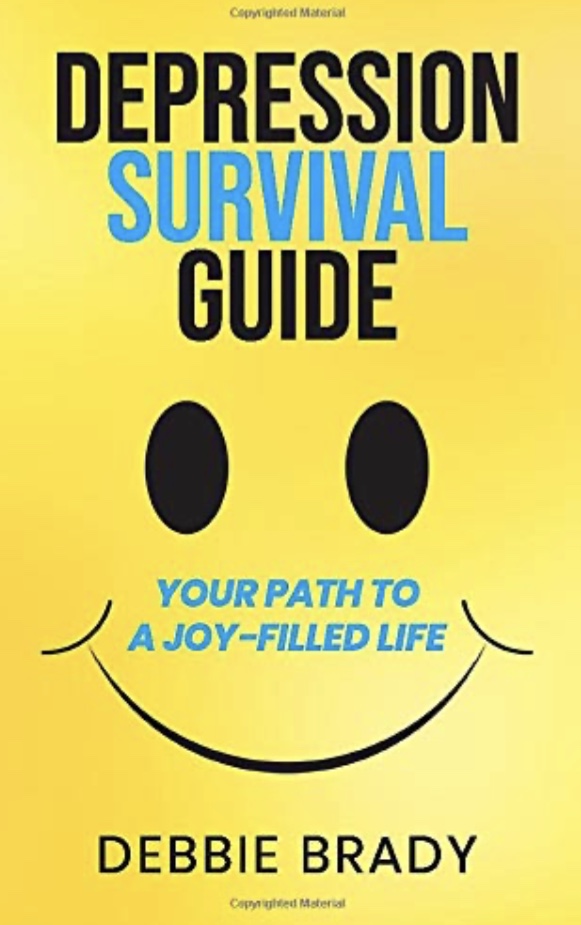
If you haven’t grabbed a copy of my book, Depression Survival Guide, you can do so HERE.
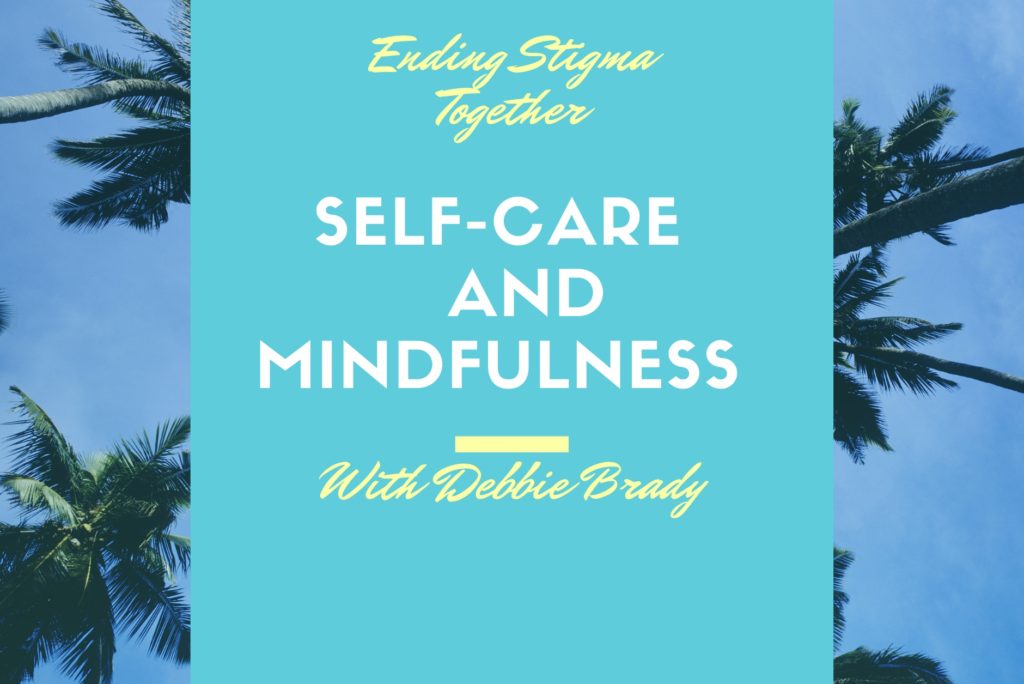
And please come be a part of my new community, Self-Care and Mindfulness Group on Facebook. I host monthly challenges and share tips and strategies to help you use self-care and mindfulness to better manage your mental health. You can join it by clicking HERE.


